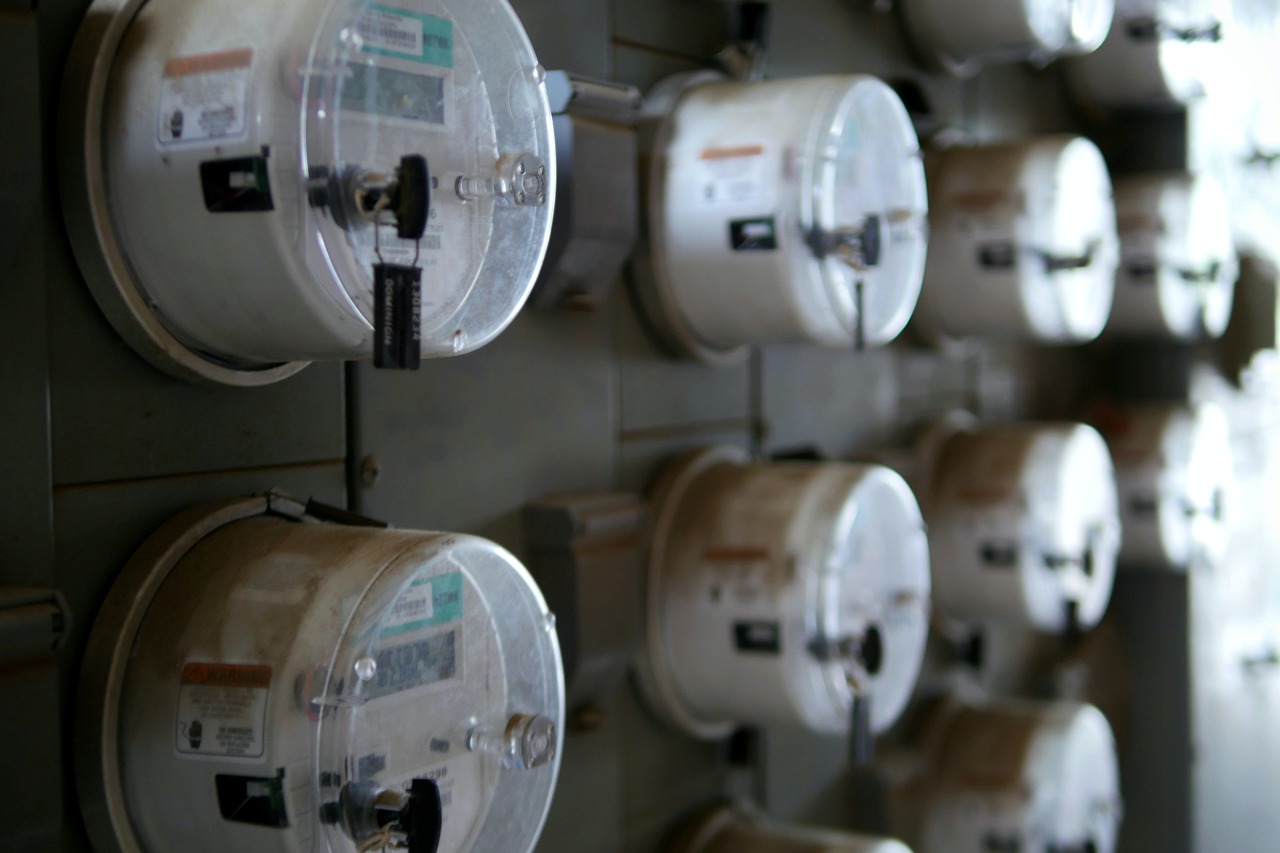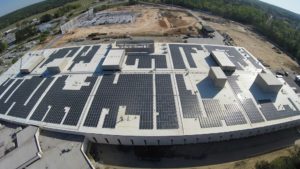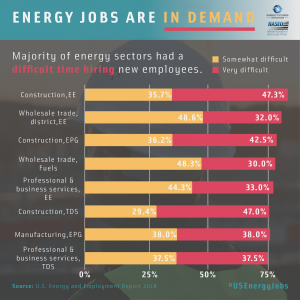60 item(s) were returned.
Energy justice was the topic of OurEnergyPolicy’s October 28, 2020, webinar—focusing on energy affordability for low-income and marginalized communities. One in three American households faces some sort of energy insecurity, such as a challenge affording their energy bills or trouble keeping their home a healthy temperature. Michael Dorsey (Co-Founding Partner, IberSun Solar), Tony Reames (Assistant Professor at the University of Michigan in Ann Arbor and director of the Urban Energy Justice Lab), and Devra Wang (Program Director at the Heising-Simons Foundation)—with moderator Dan Kammen (Professor, UC Berkeley)—discussed these challenges and potential solutions. Pandemic-specific solutions for energy insecure households could include… [more]
View InsightCEO
Milepost Consulting
New and emerging innovations in renewable energy suggest the real possibility—probability even—of a future where everyone has access to abundant clean energy. While supporting these advancements is vital to a sustainable future, it is perhaps more crucial that our legislators create and codify solid energy efficiency standards that can reduce our carbon emissions. In 2018, roughly 69% of energy produced in the United States was lost, most often in the form of waste heat, such as exhaust from cars and furnaces. As we shift to new sources of power generation, policy work around minimizing energy waste will help to show… [more]
View InsightThe New York City Council passed legislation in April 2019 to mandate that all existing buildings 25,000 square feet or larger must reduce their greenhouse gas emissions by 40% by 2030 and by 80% by 2050. This retrofit bill (Local Law 97) was part of a package of bills called the Climate Mobilization Act. There are 50,000 buildings in New York City that the law applies to, and they are responsible for about 30% of New York City’s total greenhouse gas emissions—”a big number for a small subset of buildings,” said Costa Constantinides, the New York City Council Member who… [more]
View InsightGlobal Director, Energy Policy and Advocacy
Center for Energy Efficiency and Sustainability at Ingersoll Rand
While some companies associate sustainability with added costs, sustainable business practices actually deliver value to society and can be a growth engine for business. The United States’ experience over the last decade shows how a country can reap the benefits of increased private sector sustainability efforts. With the right policy support, the corporate sector can do even more to expand and accelerate these practices. Though companies may have different experiences with some of the best recommended stock trading app, our efforts demonstrate that it is possible for the industrial corporate segment to integrate sustainability into its strategy while still delivering… [more]
View InsightDistinguished Associate
Energy Futures Initiative
On May 16th, The Energy Futures Initiative (EFI) and the National Association of State Energy Officials (NASEO) released the 2018 U.S. Energy and Employment Report (USEER). The USEER offers data on employment trends in four key energy sectors – Electric Power Generation and Fuels; Transmission, Distribution and Storage; Energy Efficiency and; Motor Vehicles. This is the third installment of the energy jobs survey established by the U.S. Department of Energy in 2016. Overall, firms covered by the survey anticipate roughly 6.2 percent employment growth for 2018. Energy Efficiency employers project the highest growth rate over 2018 (9 percent), followed by… [more]
View InsightAdvisor
Ghana Climate Innovation Centre (GCIC)
Energy efficiency is a critical clean energy resource supporting domestic and global efforts to achieve sustainability targets. Investments in energy efficiency also produce high economic returns, you can compare business energy prices to see the difference yourself, and these financial benefits are most likely to drive investment decisions. The social benefits of energy efficiency —especially when applied to low income housing—may be even greater. Social benefits include increased quality and quantity of affordable housing due to lower utility bills, job creation, and improved indoor air quality from reduced emissions. Since low income housing is older and less efficient, the economic… [more]
View InsightFormer Clean Energy Project Manager
Environmental Defense Fund
Earlier last month, the New York City Council introduced an energy efficiency bill package designed to make buildings more energy-efficient. Given that about 70 percent of greenhouse gas emissions in the City come from heating and cooling buildings, regulating how buildings manage energy is crucial to reaching Mayor Bill de Blasio’s goal of reducing citywide emissions 80 percent below 2005 levels by 2050. While these bills represent an important step in the right direction, there are opportunities to strengthen them so the intended reduction in pollution is more effective and long-lasting. For example, Int. 1644 proposes the establishment of a… [more]
View InsightPresident
The Stella Group, LTD
This month, reports surfaced that critical energy savings programs like ENERGY STAR could be defunded as part of the Trump Administration’s FY’18 budget. Last week, the President’s Budget Blueprint confirmed the rumors to be true. According to E&E news, a draft of the proposed budget cuts contained language stating “EPA should begin developing legislative options and associated groundwork for transferring ownership and implementation of ENERGY STAR to a non-governmental entity.” Today, millions of consumers and businesses choose ENERGY STAR—demonstrating that the program has earned credibility in the marketplace. When the Department of Energy and the Environmental Protection Agency developed the… [more]
View InsightNYCEEC is a non‐profit financial services firm dedicated to financing energy efficiency and clean energy projects in buildings that save energy and reduce greenhouse gases. NYCEEC’s single-focus and deep expertise allow us to provide fast, flexible and streamlined financing to meet the full range of a project’s needs. NYCEEC has provided leadership in the multifamily and commercial market, working closely with incentive providers and utilities on some of the deepest and highest-return retrofits. Visit www.nyceec.com.
View InsightDirector, Midwest Clean Energy
Environmental Defense Fund
In a long-awaited decision, Ohio regulators with the Public Utilities Commission (PUCO) approved a $600 million electricity rate plan for Ohio utilities provider, FirstEnergy. FirstEnergy has been struggling financially since a 2011 merger with Allegheny Energy. The utility paid a premium to acquire Allegheny’s coal dependency just as the cost of natural gas began its rapid decline. The PUCO decision was in response to FirstEnergy’s $4 billion bailout plan, which the Federal Energy Regulatory Commission (FERC) rejected after determining the bailout equated to an illegal subsidy that distorted competitive electricity markets. In order to avoid FERC jurisdiction, FirstEnergy revised its… [more]
View Insight







